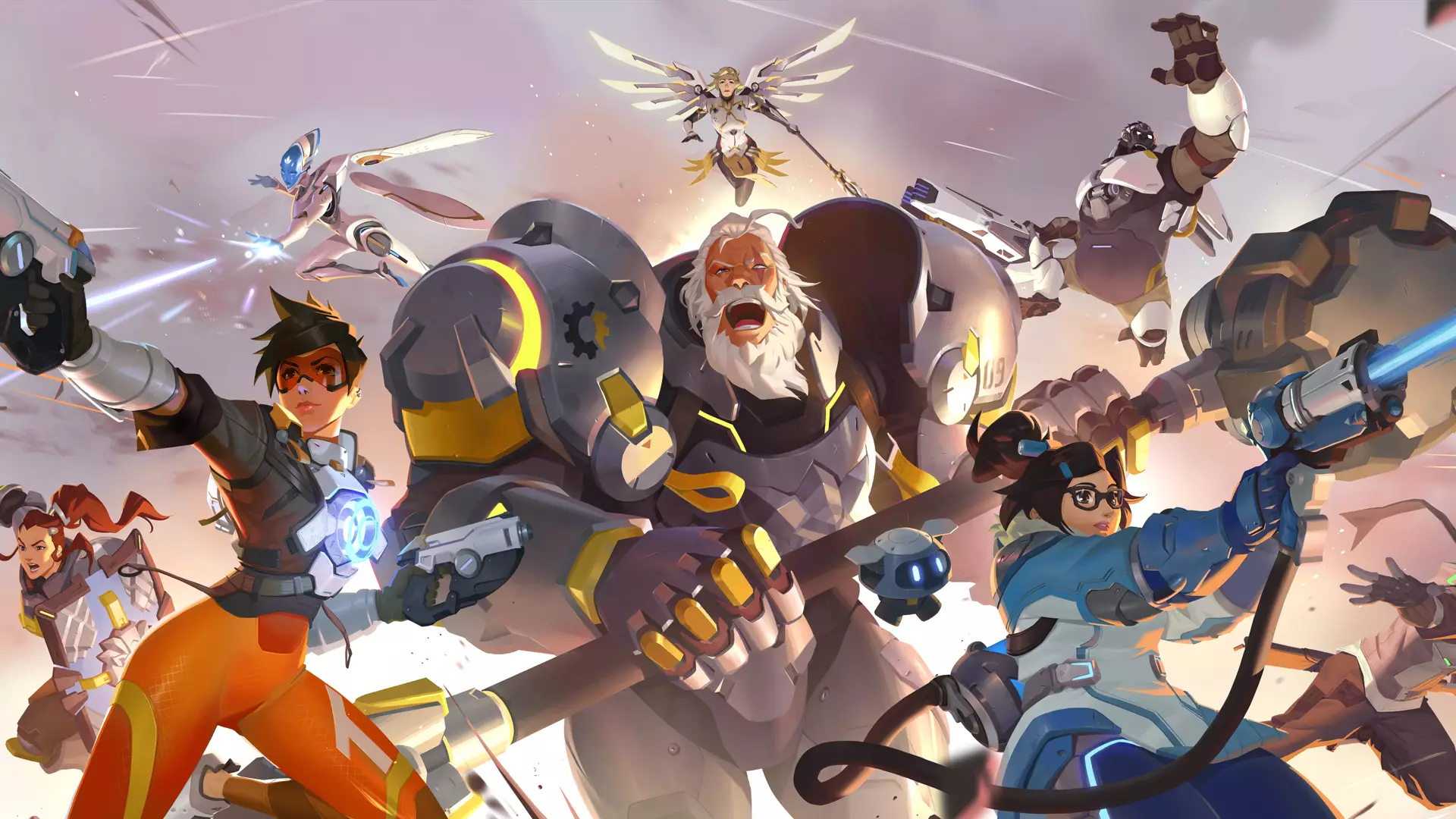Overwatch once stood as a pioneer in blending dynamic gameplay with compelling storytelling, thanks in large part to its vibrant animated shorts. These cinematic snippets not only showcased new heroes but also enriched the overarching lore, drawing players into a deeply textured universe. However, recent years have seen a noticeable decline in these visual storytelling masterpieces, leaving fans longing for the creative spark that once defined Overwatch’s identity. As game director Aaron Keller candidly admits, the franchise has lost some of its storytelling luster, hinting at a desire to bring back these shorts to reinvigorate the game’s narrative fabric. In an era where narrative-driven content is king, the absence of these cinematic jewels leaves a palpable void in the community’s enthusiasm and attachment to the game’s universe.
Struggling with Ambitions vs. Reality: The Failed Promise of Overwatch 2
Blizzard’s marketing for Overwatch 2 was heavily centered around an ambitious vision: a sprawling co-op campaign that would push the franchise’s story forward in a meaningful way. Fans anticipated an evolution that would deepen their understanding of the game’s lore and provide a richer narrative experience. Unfortunately, reality diverged sharply from expectations. The development hurdles and ambitious scope overwhelmed the team, culminating in the cancellation of much of the promised story content. This setback not only stunted the franchise’s narrative growth but also sowed disappointment among a dedicated fan base eager for more context and character development. Keller’s acknowledgment of this setback underscores a crucial lesson—without properly integrated storytelling, even the most promising game concepts risk feeling hollow or incomplete.
The Return of Cinematic Shorts as a Marker of True Success
From the earliest days of Overwatch, Blizzard’s animated shorts served as more than mere fluff; they were powerful storytelling devices that broke down barriers between gaming and cinematic art. Their absence today feels like a thematic rupture, discordant with the franchise’s core identity. Keller’s statements suggest a recognition that these shorts are essential not just as fan service, but as a vital element in restoring the franchise’s integrity and vitality. They act as emotional touchstones, fostering a sense of connection and community among players and characters alike. In a competitive gaming landscape filled with titles that treat lore as an afterthought, bringing back compelling, high-quality animated shorts could serve as a defining differentiator for Overwatch—reasserting its position not just as an engaging shooter but as a universe worth investing in emotionally.
Beyond Shorts: Envisioning a Broader Transmedia Future
Keller’s openness about the potential for a TV series or further expansion into cinematic storytelling marks an exciting frontier. This is a strategic move that aligns with broader industry trends where gaming universes are extended through multi-platform narratives. The possibility of a well-produced Overwatch TV show or film could elevate the franchise to new cultural heights, attracting audiences beyond traditional gamers. Notably, Blizzard has previously explored this territory with failed attempts, such as the threatened Netflix adaptation, which was prematurely halted. Nonetheless, the interest remains; the franchise’s rich lore and colorful characters are ripe for adaptation into serialized storytelling that could deepen emotional engagement while expanding its cultural footprint. Such efforts could also serve as a catalyst for revitalizing the core game, creating a sustainable synergy between game content and transmedia narratives.
Why Restoring the Power of Animated Shorts Is Critical for Long-Term Success
Ultimately, for Overwatch to truly realize its potential as a groundbreaking franchise, it must reconcile its gaming excellence with its storytelling ambitions. Animated shorts are more than just ein, they are the ancestral heartbeat of the franchise’s identity—powerful tools that forge emotional bonds and keep communities invested. Ignoring this aspect risks reducing Overwatch to a mere competitive shooter, devoid of the personality and depth that made it a standout in the first place. Reviving these cinematic stories indicates a conscious desire to rebalance the franchise’s priorities, emphasizing rich lore alongside gameplay. It’s a declaration that Blizzard recognizes storytelling as an indispensable pillar for long-term engagement, not an optional accessory. For fans and critics alike, it’s a sign that Overwatch’s creators are determined to return to their roots and push forward with renewed storytelling vigor—something that could prove pivotal in restoring its legacy’s brilliance.

